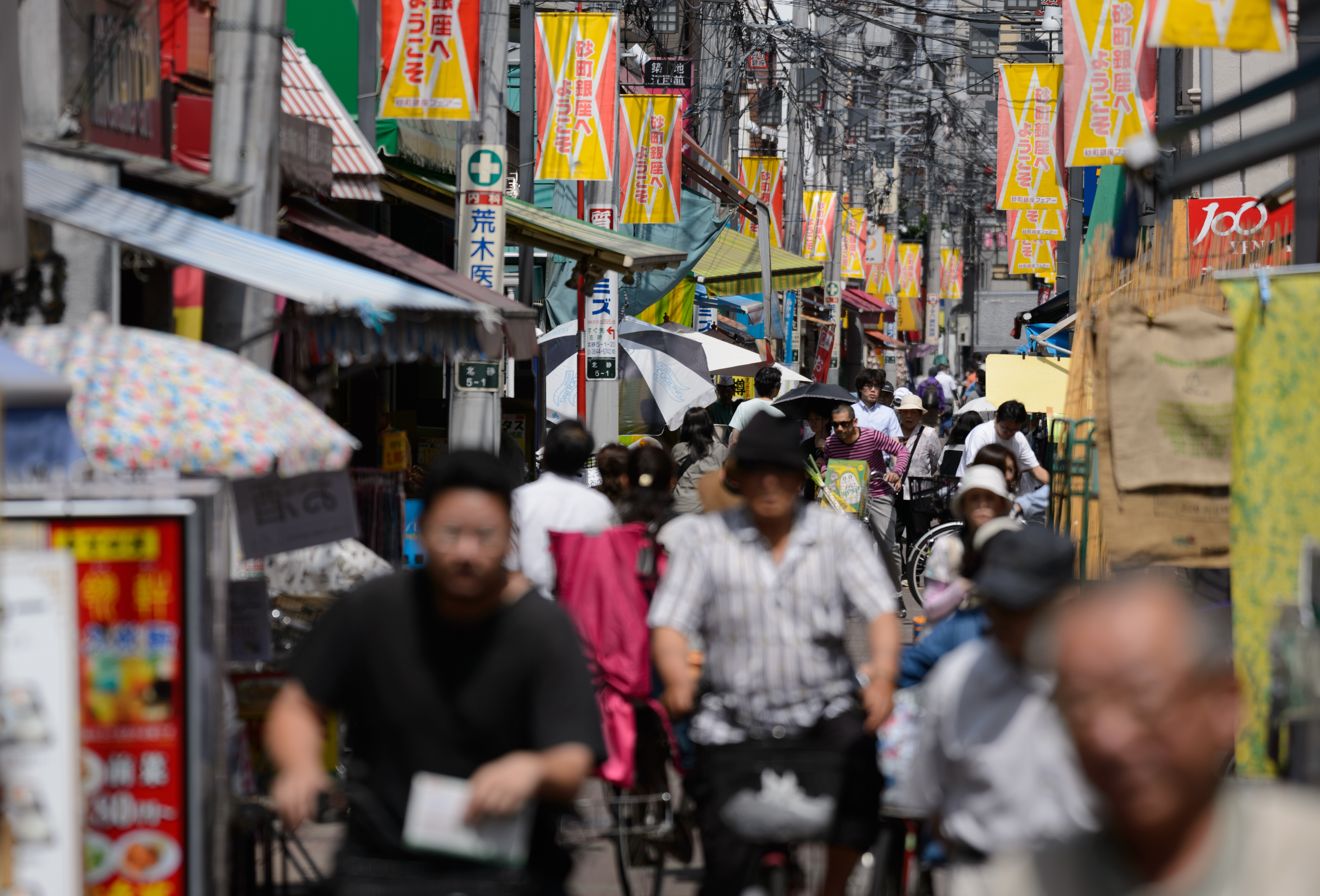The word "Japanization" refers to Japan's prolonged stagnation — a malady that was on everyone's mind at the recent G-7 summit. Prime Minister Shinzo Abe made the right call in postponing the planned tax hike, but the feeble opposition can be forgiven for pouncing on his abrupt volte-face, which is a tacit admission that Abenomics is a colossal failure in terms of overcoming Japanization. There really is no way to sugarcoat the bad news about the negligible impact of Abe's eponymous "three arrows" of monetary easing, fiscal spending and will-o'-the wisp structural reforms.
This year's anemic first-quarter economic results showed that Japan only narrowly averted a technical recession. This might explain Abe's dubious excuse for why recovery has been chimerical, i.e., "The world economy ate my homework," as he tries to duck responsibility for not delivering the revival he promised in 2012.
Only Abe-philes insist that the jury is still out on Abenomics. A Kyodo poll in May found that two-thirds of the public is disappointed in the program's paltry results. It's a better response than that reported by NHK in its series of polls over the past year that showed 75-80 percent have not benefited from Abenomics. The economy remains moribund, wages and household income are stagnant, deflationary pressures remain strong and structural reforms are thin on the ground. Despite the Bank of Japan's best efforts to stoke inflation, that too remains unrealized.



















With your current subscription plan you can comment on stories. However, before writing your first comment, please create a display name in the Profile section of your subscriber account page.